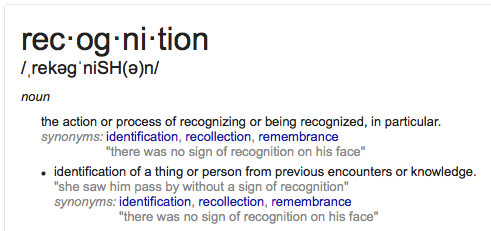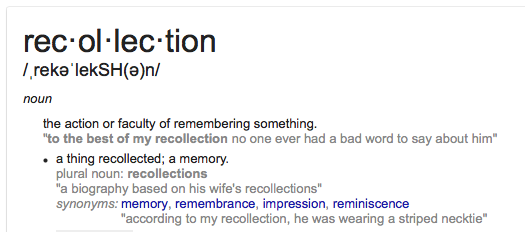How To Study Smarter Not Harder
One of my “New Year resolutions” is to increase my knowledge. As an IT professional, it is crucial to stay abreast with the constant changes in technology. The new replaces the old and by the time you get around to learning the new, that becomes old. As someone who works closely with SQL Server, I find it extraordinarily cumbersome to stay abreast of the new trends and technologies. Just SQL Serve 2016 alone has so many cool new features. Imagine the constant updates with Microsoft Azure. All that can be demotivating.
According to a Forbes article, more than 40% of people make a “New Year’s resolution” and only 8% keep them. People fall victim to a lack of motivation, will power, patience, etc. etc.
I came across a video lecture on Youtube that absolutely changed my outlook on studying/learning. What I grew up thinking as “studying” was not even close. Psychology professor Dr. Marty Lobdell’s lecture is called, “Study Less, Study Smart”, and has absolutely opened my eyes to what I’ve been doing wrong my entire academic life. I have summed up his points below, but I highly recommend checking out his entire lecture here (or watch it below).
Facts vs Concepts – Dr Lobdell says that anyone can lookup facts, but concepts last a life time. Understanding concepts is most important because “googling” for facts is easy.
Recognition vs Recollection – According to Dr Lobdell, people tend to confuse “recognition” and “recollection.” Below is the definition of each:
VS
Note the second bullet for “recognition”, you need a previous encounter or knowledge to recognize something. But for “recollection”, it’s a memory. For example, kids think they are “recalling” something from memory, but in fact they are not. They are recognizing from some mental trigger. Which is why they end up not remembering it during an exam.
Sleep – Everyone needs adequate sleep. It’s only when we reach our REM state when what we’ve studied starts to get “imprinted” into our long term memory. There has been many studies on this. Sleep is huge!
Note Taking – I used to take copious notes. Some times I would copy the entire lecture slides, but when I got home and looked back at my notes, I was totally confused. Dr Lobdell says to take notes and then immediately after class go back and “flesh out” the notes. Add more to it since it’s fresh in your memory. If you don’t remember, you can ask a classmate or the teacher. This will help you study better at home.
Teach it / Active Recitation – When you learn something, the best way to test whether you truly understand it is to teach someone else. Find your roommate, sibling, or parent. If you live alone, Dr Lobdell says teach it to an empty chair. Just the act of speaking it out loud will help!
Mnemonics – When you need to memorize facts, use “mnemonics.” The meaning of mnemonics = anything that facilitates learning/recalling. Dr Lobdell mentions three ways: 1. Acronyms (Roy G Bv, colors of the rainbow). 2. Coined Sayings (12 Cranial Nerves). 3. Interacting Images (the weirder the image the higher chance you will remember the subject)
SQ3R – Stands for Survey, Question, Read, Recite, Review – This is huge. Usually people tend to open the book when they are looking for an answer. Dr Lobdell says when you first get the book, open it and “survey / question” it. Meaning, skim the the pages, ask yourself questions, see the pictures, bold headers/words, get familiar with it. You are training your brain to look for answers. Then you read it. Recite it (try to teach it to someone else). If you do this thoroughly, then by exam time all you have to do is Review and you’re ready to ace it!
On to a successful 2017!


One Reply to “How To Study Smarter Not Harder”